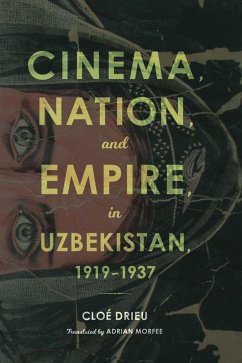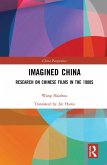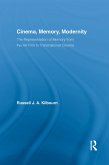This study examines the creation of the Soviet State in Central Asia through the lens of Uzbek cinema-from the collapse of the Russian Empire to WWII. Between the founding of Soviet Uzbekistan in 1924 and the Stalinist Terror of the late 1930s, a nationalist cinema emerged. In Cinema, Nation, and Empire in Uzbekistan Cloé Drieu argues that the Uzbek films of this period provide a perfect angle for viewing the complex history of domination, nationalism, and empire building within the Soviet sphere. By exploring all of film's dimensions-including production, reception, and discourse-Drieu reveals how nation and empire were built up as institutional realities and as imaginary constructs. Combining research in the Uzbek and Russian State Archives and in-depth analyses of fourteen films, Drieu's work examines the debates within the totalitarian and so-called revisionist schools that invigorated Soviet historiography. Revised and expanded from the original French, Cinema, Nation, and Empire in Uzbekistan helps us to understand how Central Asia, formerly part of the Russian Empire, was decolonized, only to suffer a new style of domination in the run-up to the Stalinist period and repression of the late 1930s.
Dieser Download kann aus rechtlichen Gründen nur mit Rechnungsadresse in A, B, BG, CY, CZ, D, DK, EW, E, FIN, F, GR, HR, H, IRL, I, LT, L, LR, M, NL, PL, P, R, S, SLO, SK ausgeliefert werden.









